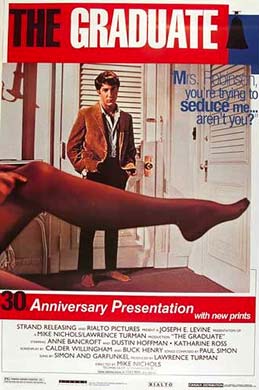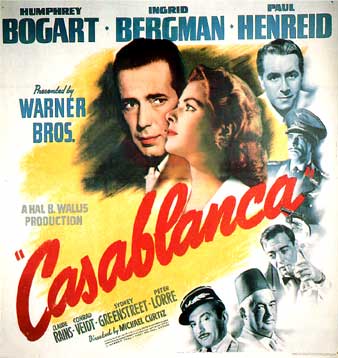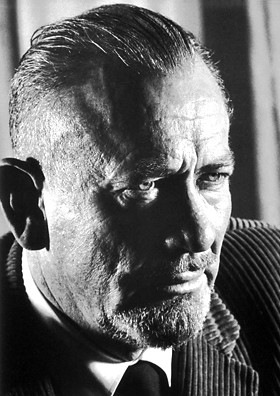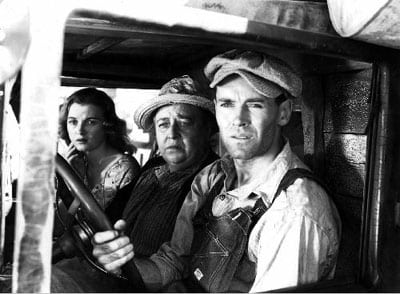 1) In class we discussed the different scenes in The Godfather. There were over 50 scenes that incorporated food in the film.The most important themes of the movie were most likely just honor and loyalty. There were also a lot of memorable quotes from The Godfather. Some of the most famous lines include, "I'll make him an offer he can't refuse" and "It's not personal, it's business."
1) In class we discussed the different scenes in The Godfather. There were over 50 scenes that incorporated food in the film.The most important themes of the movie were most likely just honor and loyalty. There were also a lot of memorable quotes from The Godfather. Some of the most famous lines include, "I'll make him an offer he can't refuse" and "It's not personal, it's business."2) This article tells about how Paramount had little to no confidence in Francis Ford Coppola in directing The Godfather. They had so little faith in him that they hired another director to follow him around the set, just to remind him not to screw up. Despite the pressure, Coppola persevered and The Godfather was a success.
Francis Ford Coppola also won multiple awards for the sequel, The Godfather II while he also directed The Conversation and Apocalypse Now. These movies were also considered "legendary".3) Francis Ford Coppola has made and lost several fortunes over the course of his lifetime almost as dramatic as his films. He has left an incredible mark on the history of motion pictures. The release of The Godfather was just a stepping stone in cinema. It received a lot of positive remarks and was very influential in addition to earning him his academy awards.
After the film released, it received a lot of praise and has been named possibly the greatest movie ever made.

4) I think that The Godfather is one of the best "gangster" movies ever. It's almost an understatement to say that The Godfather influenced ever gangster movie that came after it. Nobody thought about doing a movie as good as this before The Godfather. There were a lot of important themes in the movie along with a lot of action and "mini"-climaxes that lead up to the big finale ending. The actors' success in this movie, along with the good performances and action packed plot, all contributed to the success of this film. It plays on the importance of family, responsibility, respect, loyalty and power. Overall, I think that Frank Coppola was a genius for this movie.













